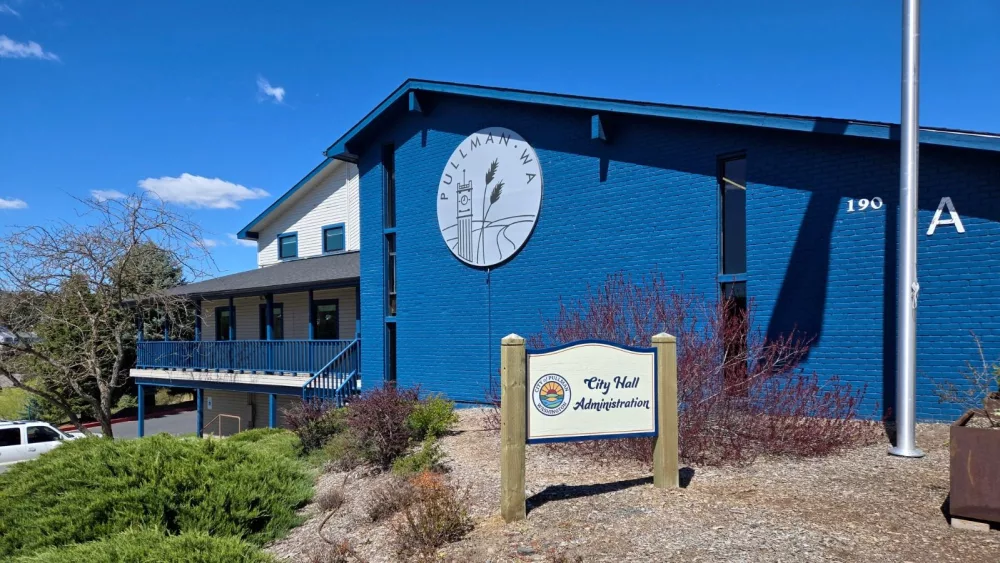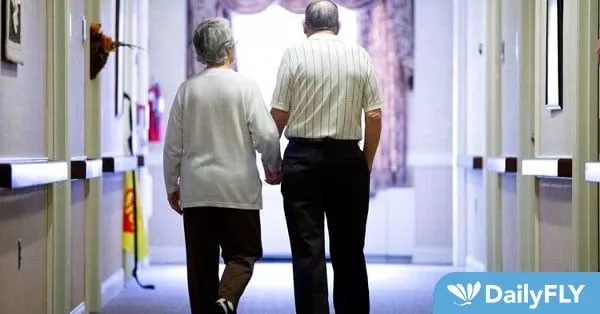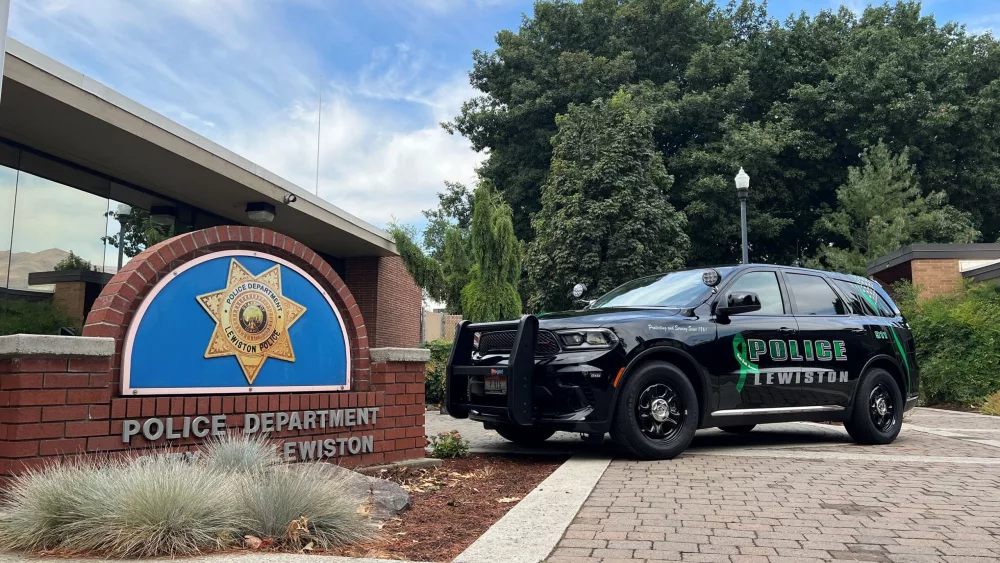(PublicNewsService.org) – Many older residents of Washington State are facing strains on their budgets — and the government programs that could assist them are underused. An assistance program like the Senior Property Tax Exemption is a prime example.
King County Assessor John Wilson cited the median value for a home in his county as about $790,000. If someone qualifies for a full exemption, Wilson estimates they would save almost $5,000 a year.
“$5,000 a year savings in property taxes is nothing to be trifled with,” said Wilson, “but the shame of it is, a lot of folks don’t know that program even exists.”
The Washington Legislature has expanded the Senior Property Tax Exemption program by increasing the economic threshold, he added. In 2024, his office estimates as many as 30,000 more people will apply for the program.
Other programs can also help. The state’s charity care law directs hospitals to provide financial assistance to low-income patients. The Affordable Connectivity Program helps people get a discount on their broadband internet service.
And bigger federal programs, like the Supplemental Nutrition Assistance Program (SNAP), provide crucial assistance, but only about 64% of eligible older Washingtonians use it.
Wilson is convinced there’s an unnecessary stigma surrounding assistance.
“I know from talking to seniors, what you hear sometimes is, ‘Well, yeah, but I just feel kind of awkward asking for it,'” he recounted. “Or they feel like it is some kind of tacit admission that, ‘I’ve failed somehow.'”
Wilson believes the government at various levels needs to do a better job of raising awareness for these programs, too.
“There are so many economic pressures that are weighing on people now,” he noted, “and there is a safety net out there, but we don’t do always a really good job of showing people, ‘Here’s how you can access it — and here, by the way, are the various things you’re eligible for.'”
Online tools can also help people find the programs they’re eligible for, such as Benefitscheckup.org from the National Council on Aging.





